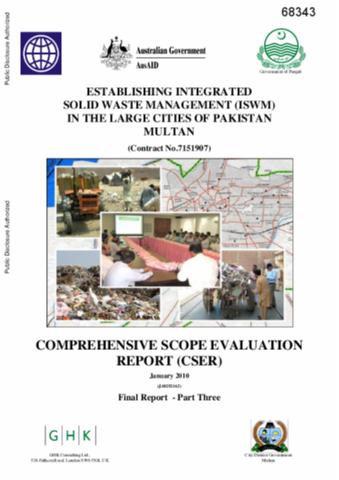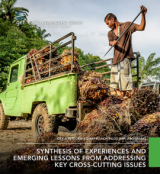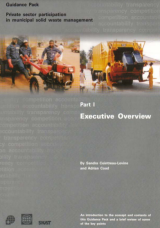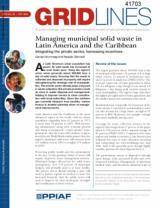
-
Country/City
Pakistan
-
Topics
Private Sector, Management, Recycling, Disposal
-
Published On
June 1, 2010
-
Author(s)
The World Bank
Solid waste management (SWM) is a major environment and health hazard in the urban areas of Pakistan. The World Bank is of the opinion that as cities economies are fast growing, business activity and consumption patterns are driving up solid waste quantities. In Pakistan the collection of waste is sporadic and the disposal is poor. Despite the fact that solid waste services represent the single largest expenditure item, less than 50 percent of the waste generated is collected; and even then it is disposed at dumpsites or roadsides since there is hardly any single sanitary landfill in Pakistan. The World Bank has been supporting the SWM agenda by financing analytical studies and formulating policies in Punjab, replicable to other provinces. The studies also pointed out needs and opportunities for the reduction and reuse of the waste by recycling and composting; and presented replicable local practices and opportunities for involving the private sector in various stages and segments of the SWM system. The report follows on from the inception report in September 2009 that summarized preliminary findings from the initial data gathering, research and the meetings held with key officials within and outside government during the inception phase of the assignment. This report further expands on the initial findings and provides a detailed situational analysis together with identification of gaps in the present ISWM system in Multan.



